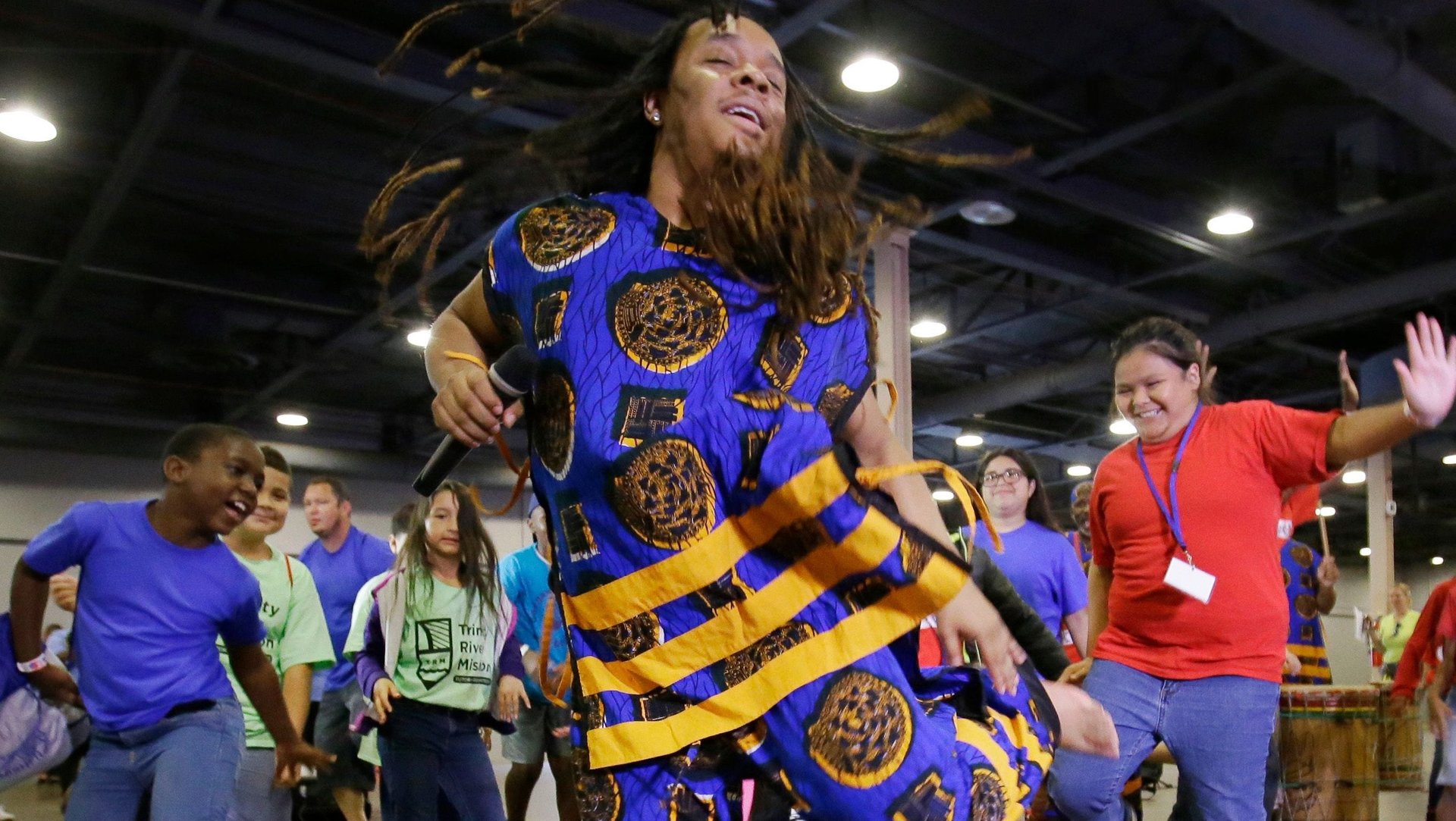Americans are gathering to celebrate Juneteenth, an oft-ignored holiday of emancipation
“The rich inheritance of justice, liberty, prosperity and independence, bequeathed by your fathers, is shared by you, not by me. The sunlight that brought light and healing to you, has brought stripes and death to me. This Fourth July is yours, not mine. You may rejoice, I must mourn.”


“The rich inheritance of justice, liberty, prosperity and independence, bequeathed by your fathers, is shared by you, not by me. The sunlight that brought light and healing to you, has brought stripes and death to me. This Fourth July is yours, not mine. You may rejoice, I must mourn.”
— Frederick Douglass in his 1852 speech, “What to the Slave is the Fourth of July?”
Weeks before Americans celebrate independence on July 4th, an often-forgotten holiday of emancipation is marked as well.
Juneteenth—a portmanteau of the word “June” and “nineteenth”— commemorates the oldest known celebration of the end of slavery in the US. On June 19, 1865, Union soldiers landed in Galveston, Texas to officially deliver the news that the Civil War had ended and that slavery was abolished. The news arrived two and a half years after Abraham Lincoln’s Emancipation Proclamation declared that slaves in the rebel states were free.
There are different theories as to why news of the North’s victory took so long to reach Texas, but some historians suggest slave owners deliberately withheld the news.
How the official word was delivered on Juneteenth
One hundred and fifty-three years ago, Union Army major general Gordon Granger stood on the balcony of a building in downtown Galveston and read General Order No. 3 to a crowd below. “The people of Texas are informed that, in accordance with a proclamation from the Executive of the United States, all slaves are free,” he stated. Enslaved Texans reportedly erupted in celebration (paywall). Among the midst of the jubilation, some left town in what later became known as “the scatter.”
A year after Granger’s announcement, Juneteenth began to be celebrated by newly freed Americans in Galveston and other parts of Texas. And though these celebrations were at times met with violence, they continued. Over the next century, they would spread across the country. In 1979, Texas became the first state to make Juneteenth an official holiday.
Other states have slowly followed suit. Currently, 45 states recognize Juneteenth as a state holiday or special day of observance.
How Juneteenth is marked now
Today, there are marches to celebrate Juneteenth: rodeos, street fairs, picnics, BBQs, and family cookouts. In Berkeley, California, dancers, drummers and large crowds gathered to celebrate Juneteenth over the weekend. Different groups have made the celebration their own. In New York, for example, the Jews of Color Caucus gathered to celebrate a Juneteenth seder, fusing together two familiar stories of freedom.
Civil-rights campaigners have long fought to make Juneteenth a federal holiday. Yet the celebration remains one that many Americans are simply unaware of. In 2009, Opal Lee, a Texan woman then in her 80s walked across the country to raise awareness of Juneteenth. Unable to make that happen under president Barack Obama, Lee has now turned her sights to Donald Trump.